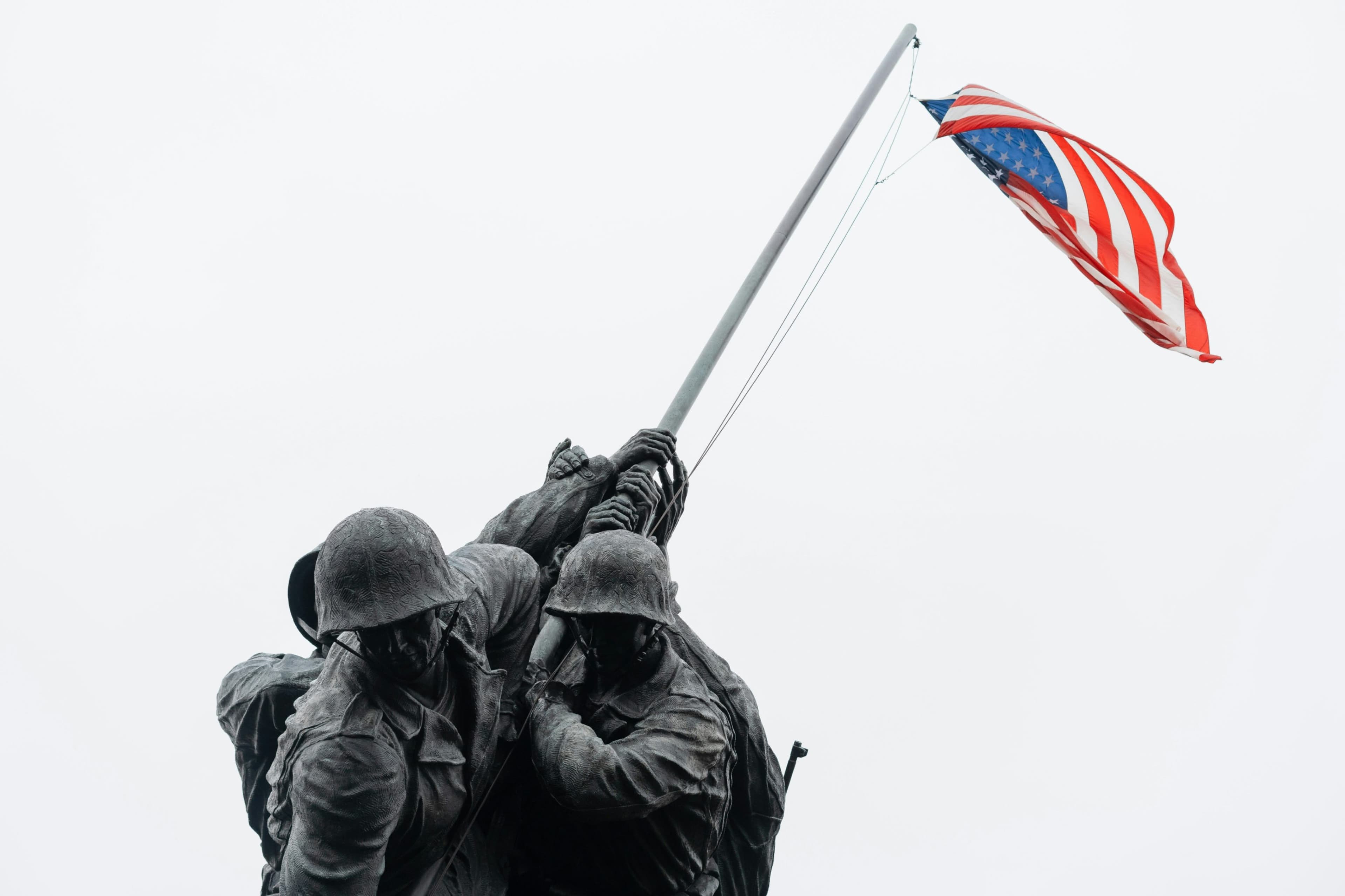
How Veterans Shape More Resilient and Ethical Local Governments
The structured approach to leadership in the military is one of the most transferable strengths to local government. Military leaders are trained to make decisions under pressure, manage resources efficiently, and lead diverse teams toward a common objective. These same competencies are essential in municipal administration, where leaders must navigate budget constraints, community expectations, and rapidly changing priorities. Applying concepts like operational readiness and contingency planning can improve how municipalities prepare for emergencies, manage infrastructure, and deliver essential services.
One practical example is the concept of the “after-action review” (AAR), a standard practice in military operations to assess what happened, why it happened, and how it can be improved. Local governments can adopt AARs after major events such as emergency responses, budget cycles, or community initiatives. These structured debriefings promote transparency, institutional learning, and continuous improvement. According to the U.S. Army’s Center for Army Lessons Learned, AARs enhance team performance and foster a culture of accountability and growth1.
Building Resilient Teams Through Veteran Inclusion
Veterans, military spouses, and caregivers bring an exceptional level of resilience and adaptability to civic organizations. Their experience in high-stress environments and their ability to work across cultural and organizational boundaries make them valuable assets to municipal teams. Hiring initiatives that actively recruit these individuals not only diversify the workforce but also create a culture that values service-oriented leadership. The Department of Labor’s Veterans’ Employment and Training Service (VETS) notes that veterans are more likely to stay with an employer longer and bring strong leadership and team-building skills2.
Municipalities can take actionable steps to engage veteran talent by establishing veteran liaison roles, participating in veteran job fairs, and partnering with local military transition programs. Additionally, adopting flexible work policies can support military spouses and caregivers who often manage unstable schedules or relocations. Programs like the Department of Defense’s Military Spouse Employment Partnership provide a framework for connecting municipalities with a ready and capable workforce3. These strategies not only strengthen internal teams but also signal to residents that local government values inclusive service.
Mission-Driven Culture and Strategic Planning
A key lesson from military service is the importance of aligning every action to the mission. In local government, this translates to strategic planning that connects staff performance, departmental goals, and community outcomes. Military leaders are taught to communicate mission intent clearly, ensuring that everyone—from senior officers to new recruits—understands their role in achieving success. Municipal leaders can replicate this by developing clear performance metrics, setting achievable objectives, and regularly communicating how each department contributes to broader community goals.
Implementing a mission-driven culture also helps reduce silos between departments. In the m
Read-Only
$3.99/month
- ✓ Unlimited article access
- ✓ Profile setup & commenting
- ✓ Newsletter
Essential
$6.99/month
- ✓ All Read-Only features
- ✓ Connect with subscribers
- ✓ Private messaging
- ✓ Access to CityGov AI
- ✓ 5 submissions, 2 publications
Premium
$9.99/month
- ✓ All Essential features
- 3 publications
- ✓ Library function access
- ✓ Spotlight feature
- ✓ Expert verification
- ✓ Early access to new features
More from Military
Explore related articles on similar topics





